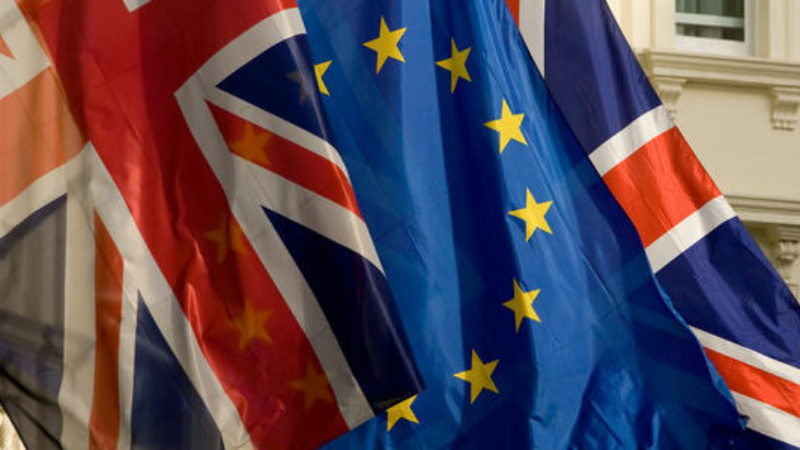

Developments at an EU level have – yet again – caused outraged in the UK, after the European Commission announced on Friday that the UK must pay an additional £1.7billion to the EU as its economic performance over the last years was better than expected.
With this announcement, which rather resembles a bull-in-a-China-shop mentality, the Commission waded into the mud slinging that characterises much of the current national debate on the EU. As Richard Corbett MEP has rightly pointed out following the announcement on Friday, why didn’t the European Commission elaborate on the larger context of the budget adjustment, such as the possibility for all member states’ contributions to be lowered due to fines the EU received from multilateral companies?
And yet while pro-Europeans can scratch their heads over the apparent inability of the Commission to sell the EU – even despite a dramatic rise in euroscepticism and the threat of a Brexit – this is unlikely to change in the foreseeable future. Similar to what many say about the Westminster bubble, Brussels at times appears to operate in its own universe. It must therefore be up to the national parties to make the case not only for British membership of the EU but for a much more active role for Britain within the EU in future to ensure necessary reforms are undertaken and British positions are reflected at an EU level.
The Labour Party has repeatedly made the case for Britain’s membership of the EU (such as in this excellent speech by former Shadow Europe Minister Gareth Thomas earlier this year). Yet many of the arguments put forward by pro Europeans outlining the advantages of British EU membership remain abstract and not easily accessible to voters. Labour argues that British EU membership is worth £3,000 to every household, but why this is so remains elusive to many. In contrast, UKIP’s claims about immigration – however exaggerated, wrong or taken out of context – resonate with many people’s daily experiences.
While the EU’s faults and shortcomings – and undoubtedly there are many – are often debated at length, most people would possibly struggle to name any issues that were decided on the EU level in the last few months that positively affected their lives. Or even any issue at all that was subject to deliberation in the European parliament. As many British newspapers ignore developments on the European level beyond reporting on the broad contours, a positive case for Europe fails to take hold in the public conscious due to this lack in effective (or any) communication.
Therefore, Labour must make it our responsibility to fill this gap and start reporting frequently on European politics. MEPs should regularly report from their trips to Brussels and Strasbourg – and the effect these institutions have on the UK. In addition, Labour must start building a broad coalition to campaign more broadly for a continued British membership of the EU. This should include unions, the corporate sector, civil society organisations and pressure groups. In collaboration with these groups, Labour must develop a broader positive narrative of Britain’s membership of the EU.
As the new European Commission takes up office this week, it will face a number of significant challenges around economic growth, unemployment and – perhaps most significantly – in winning back peoples trust in the European project.
The Labour Party must work with key allies across Europe to ensure that this battle is not lost.




More from LabourList
‘Council Tax shouldn’t punish those who have the least or those we owe the most’
Two-thirds of Labour members say government has made too many policy U-turns, poll reveals
‘Two states, one future: five steps on the path to peace for Israelis and Palestinians’